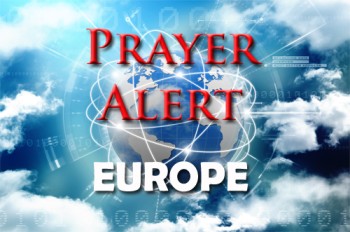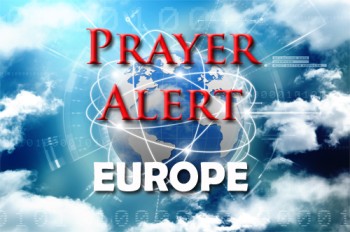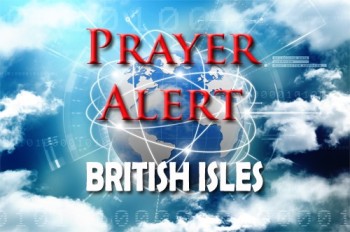France: Macron says he will win snap election after European defeat
Emmanuel Macron has said he intends to win the snap legislative election he called after his allies' significant defeat to Marine Le Pen's far-right National Rally (RN) in the European Parliament elections. He has dismissed claims that dissolving parliament was reckless, potentially empowering the far right and hindering his domestic policy agenda. He stated that his decision was in France's best interests, and urged citizens to vote. The RN secured about 32% of the vote, compared to the 15% garnered by Macron's allies (almost the same percentage as the Socialists). However, he expressed confidence that a national election would be very different, pointing out that politics is dynamic and opinion polls are unreliable. He stated that the president's role is crucial for the republic, institutions,and Europe, and his position is secure regardless of the election outcome - even though the RN would probably call for his resignation if it won.
Switzerland: parliament rejects human rights decision
Swiss women, known as ‘climate seniors’, who won a historic ruling on climate change from the European Court of Human Rights (ECHR), feel shocked and betrayed by their own parliament's decision not to comply. The women argued that Switzerland's inadequate response to climate change has harmed their health and life. The ECHR agreed, ordering Switzerland to intensify its efforts to reduce greenhouse gas emissions. Despite the ruling being binding, the parliament voted to reject it, claiming the country already has an effective climate strategy. The parliamentary debate was emotional, with right-wing politicians criticising ‘foreign judges’ and Green Party members calling the discussion ‘shameful’. Switzerland, although sensitive to global warming, is not on track to meet its Paris Climate Agreement goals. Public opinion is divided; many Swiss object to the ECHR involvement, believing current measures are sufficient. The final decision on compliance rests with the government, which may present its existing measures to the ECHR in hopes of satisfying the court.
Hezbollah fires hundreds of rockets after a senior commander is killed
Hundreds of rockets were fired from Lebanon towards northern Israel on 12 June, hours after an Israeli airstrike which killed a senior Hezbollah commander. The Israeli military reported detecting about 215 projectiles, with some intercepted and several causing fires. The death of the commander, Hajj Abu Taleb, has intensified clashes along the border, with Hezbollah using more advanced weaponry and Israeli airstrikes penetrating deeper into Lebanon. Over 400 people have been killed in Israeli airstrikes in Lebanon, including more than seventy civilians. On the Israeli side, fifteen soldiers and ten civilians have died since the conflict began. Meanwhile, Antony Blinken stated that mediators are working to finalise a cease-fire deal after Hamas proposed amendments to a US-backed proposal which aims to ensure a permanent ceasefire and the complete withdrawal of Israeli troops from Gaza. The proposal, announced by Joe Biden, includes these provisions, but Hamas remains sceptical about Israel’s commitment to implementing the terms.
Kuwait: at least fifty dead after huge fire
A fire in a residential building in Mangaf has claimed at least fifty lives, mostly foreign workers, including many Indian nationals. The blaze, which broke out early on 12 June, engulfed the building in thick smoke; many of the casualties. The deputy prime minister blamed property owners' greed and building standard violations for the tragedy. The building housed 196 workers: a senior police officer said that warnings were often issued about overcrowding in this type of accommodation.. Dozens were rescued, but many deaths resulted from smoke inhalation. There were thirty Indian nationals among the deceased; other victims were from Pakistan, Bangladesh, the Philippines, and Nepal. However, some bodies were burned beyond recognition and have not yet been identified. Indian officials visited the injured, and Narendra Modi sent a message of condolence to the victims’ families. Kuwait's reliance on foreign workers, particularly in construction and domestic sectors, has often raised human rights concerns about their living conditions.











